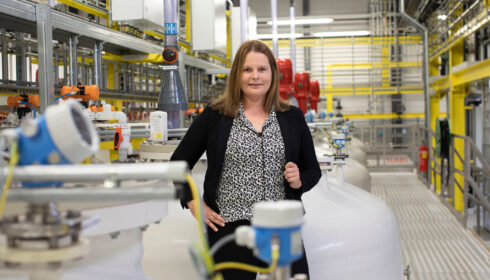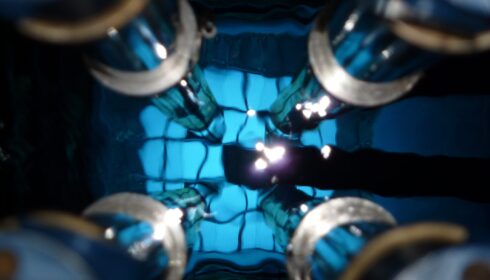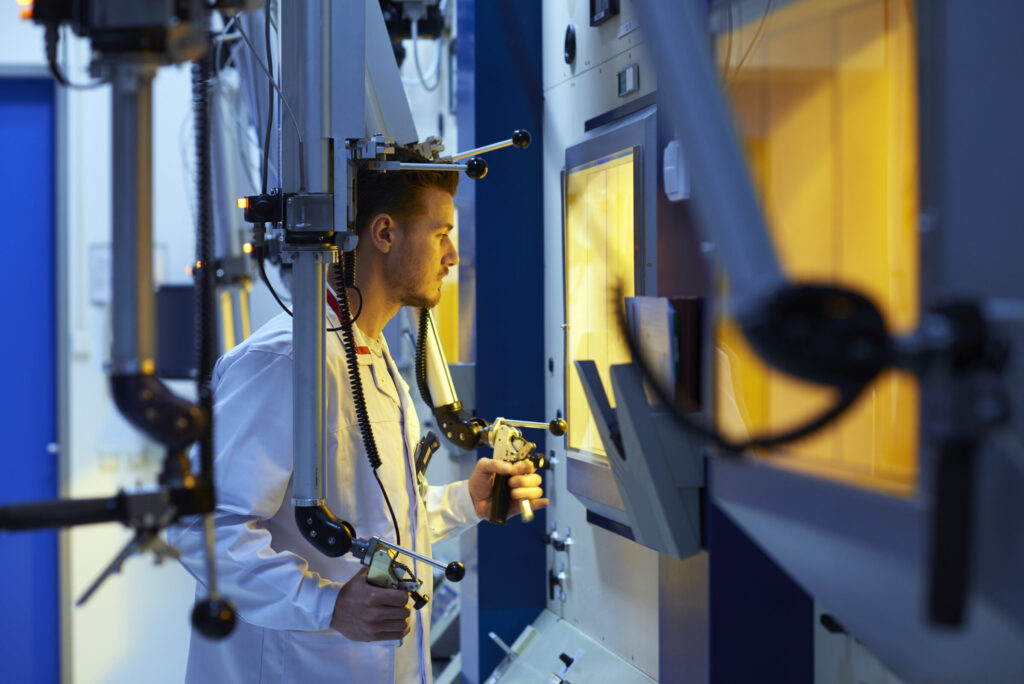
1.500 people
More than 1,500 people work in the Dutch nuclear industry. In addition, the sector provides thousands of jobs far beyond its national borders among suppliers and users of its end products. With its many spinn-offs and high-tech applications, it is an innovative and dynamic sector. We provide knowledge, services and products that society desperately needs. Think for example of medical knowledge and medicines, electricity, material knowledge and analysis and detection methods for numerous fields of work. Moreover, the Dutch nuclear sector has a unique position: we represent almost the entire production chain for nuclear medicines. From the production of medical isotopes to the safe disposal of radioactive waste.
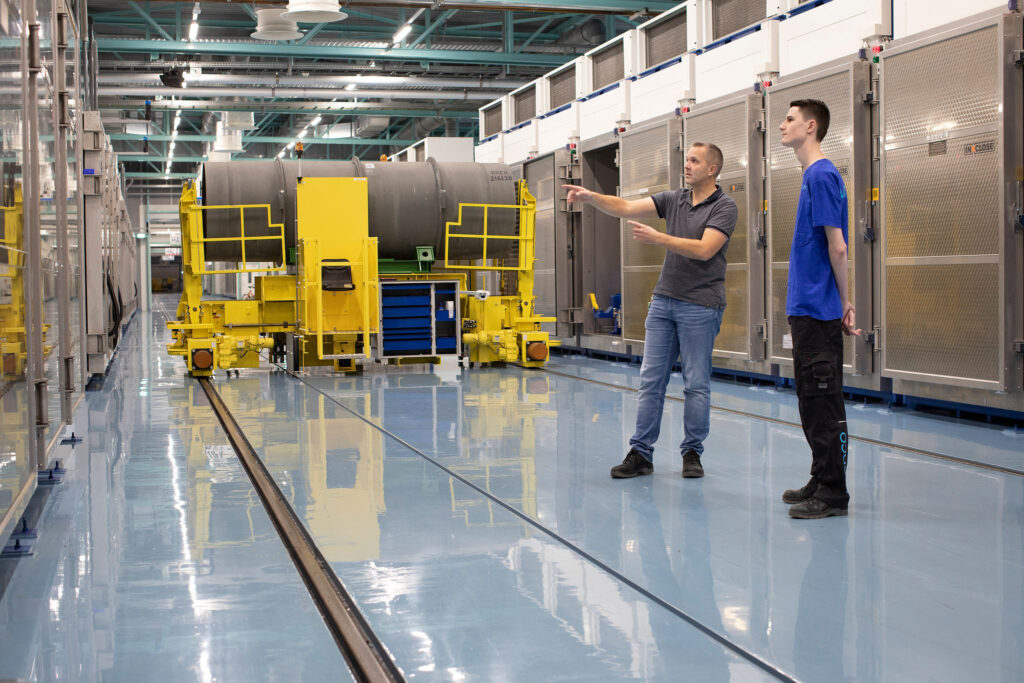
Labor market analysis
The nuclear sector is on the move. The coalition agreement includes the construction of two new nuclear power plants. The cabinet supports the construction of the PALLAS reactor and SHINE is working on the realization of an isotope plant in Groningen. What does this mean for the labor market? What are the bottlenecks and possible solutions? To answer this, Technopolis conducted a study for us on the current labor market and the expectations for 2030/2035. The analysis is based on information provided by members and government organizations and takes into account different scenarios for the future. The report’s recommendations are aimed at the nuclear industry, the education sector and the government. With this, we want to contribute to the conversation about the further development of an attractive and dynamic labor market. We would like to enter into discussions with relevant organizations and governments about the role we can and want to play in this.
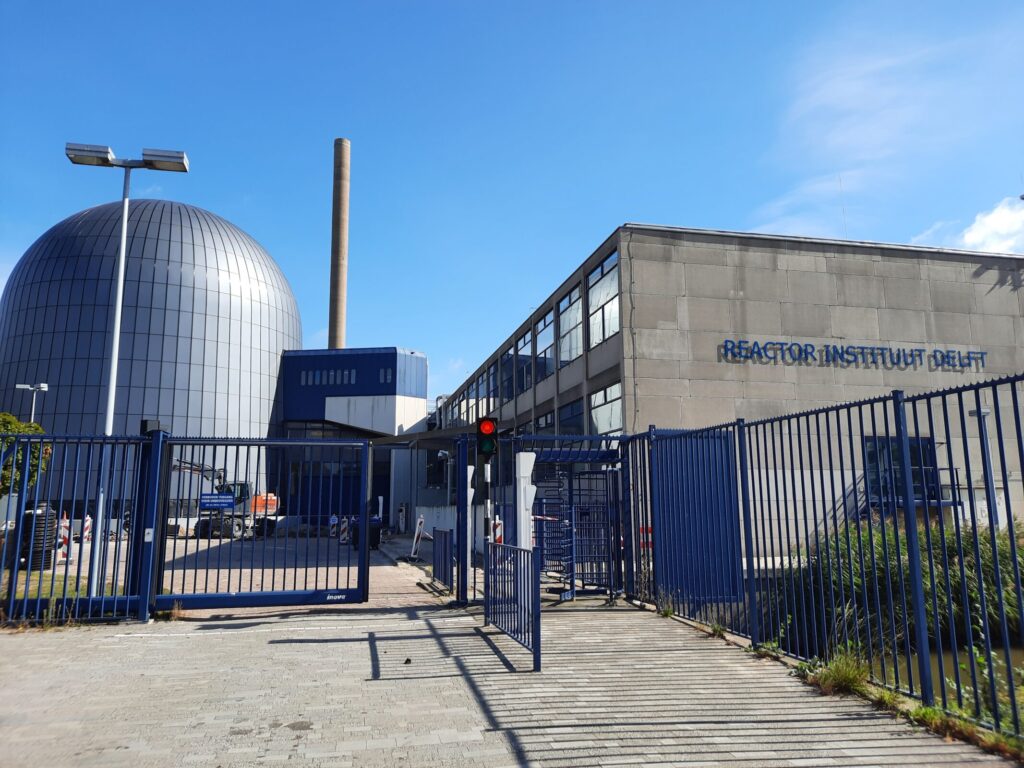
Recommendations
The Technopolis report provides a number of concrete recommendations for the sector, education and government:
To the sector:
Find a form of organization with the government to prepare now for new nuclear facilities and associated labor market challenges.
To education:
Work with the nuclear sector to develop final attainment levels that match the knowledge needs of the sector and can be integrated into modules, minors and graduate courses within education.
Explore opportunities to broaden current nuclear education from physics and chemistry to engineering sciences, such as (mechanical) engineering and civil engineering, and also from WO to HBO.
Work closely with the nuclear sector in filling chairs and lectureships around nuclear knowledge.
At MBO and HBO level, explore with the nuclear sector opportunities for specialized apprenticeship-work tracks at nuclear organizations in the region.
To the government:
Provide clarity in the short term about the details, timeline and choices of stated ambitions in the nuclear field so that the sector, education and government can jointly plan timely investments regarding labor market challenges.
Develop with the sector and education a program or action plan for capacity building within the nuclear sector.
Such an action plan should ensure that Dutch industry can also contribute to and benefit from the construction of new nuclear facilities.
Explore how the nuclear sector can participate in the mission-driven Top Sectors policy.

